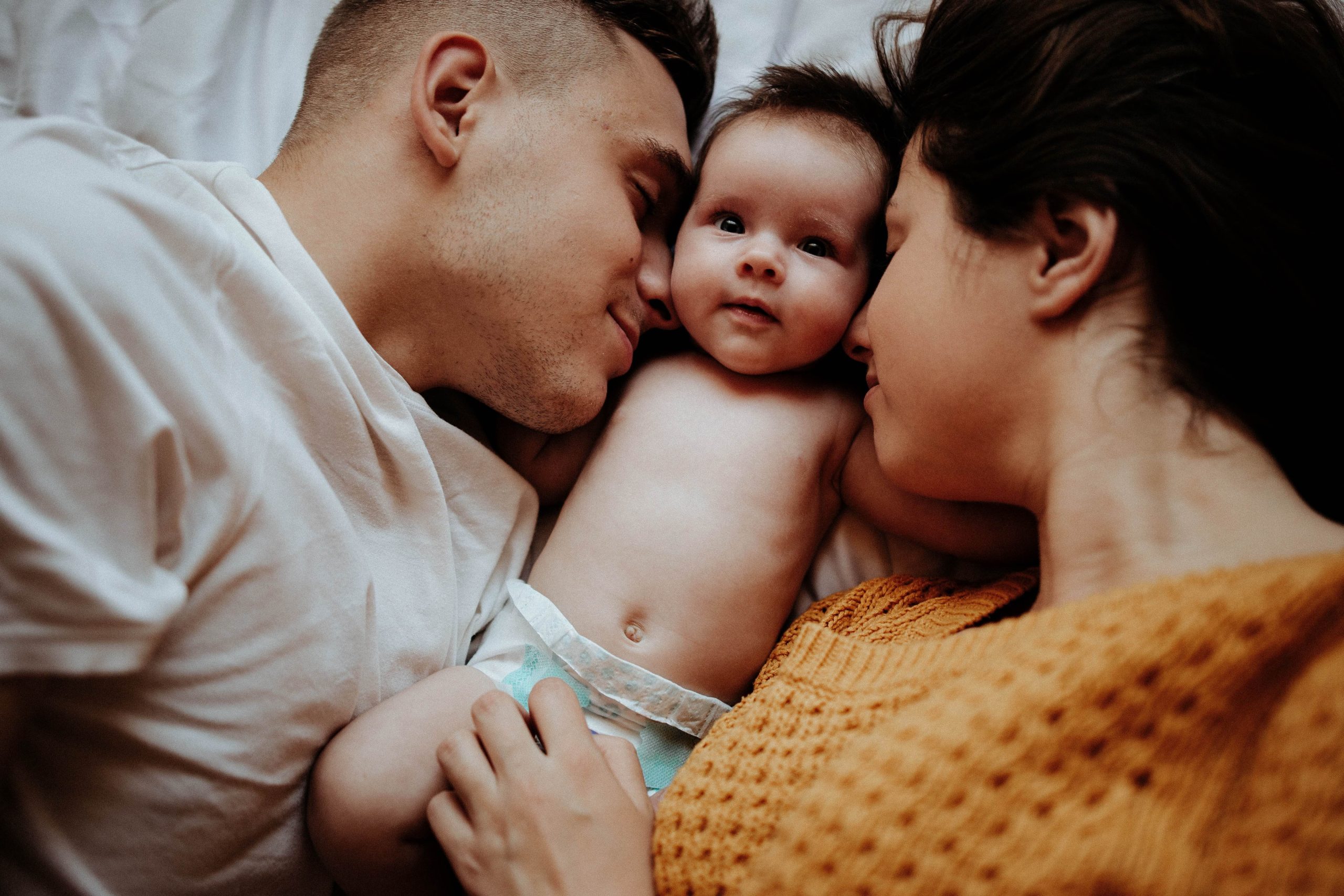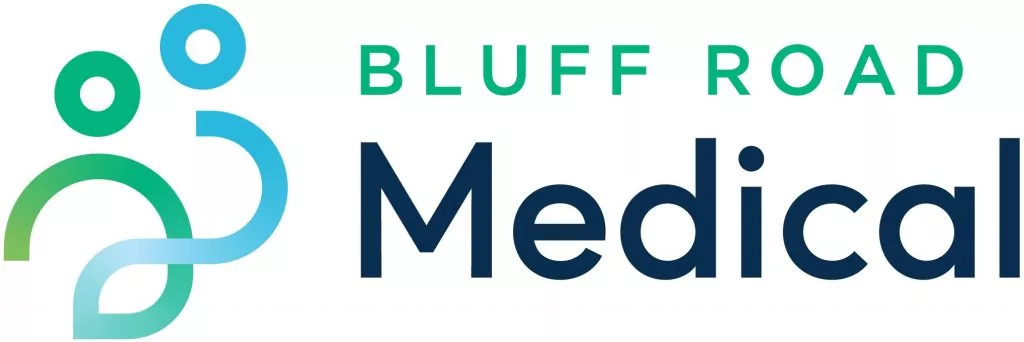
As a parent, you want to do your best to protect your child’s health and wellbeing. Part of that involves keeping on top of all of the vaccinations needed to keep them safe from serious disease.
Aside from the vaccinations provided for free under the National Immunisation Program and Victorian Immunisation programs, there are other vaccines you may want to consider. In this article, we run through a few of the common ones.
There may be an out-of-pocket expense involved for some of these vaccines. Check with your private health care provider as to whether they cover them.
If you have any questions, we are here to help, so please get in touch.
MenB vaccine
Invasive meningococcal disease (IMD) is not common, but it is serious. In 2021, there were 74 reported cases of IMD in Australia. Of those, 67 were confirmed in a lab and 35 of the 67 cases were meningococcal B.
When it does strike, IMD can be deadly. It causes septicaemia (blood poisoning by bacteria) and/or meningitis (inflammation of the fluid and membranes around the brain and spinal cord).
There are various strains of meningococcal. MenB disease is the most common cause of IMD in children, adolescents and young adults.
Currently, children are routinely vaccinated against the A, C, W and Y strains. However, in order to protect your child against meningococcal B, you need to get the extra immunisation.
The MenB vaccine, Bexsero, is available from 6 weeks of age through private prescription. Bexsero is not funded under the National Immunisation Program in Victoria, but is available free for at-risk groups.
The vaccine typically costs between $110 and $135. Children need to have at least two doses, and sometimes a third, depending on age.
MenB is also recommended for adolescents aged 15 to 19 years (they can receive Bexsero or Trumenba).
You can find more information about MenB vaccinations, including at what age vaccinations should be given and in what dose, in the Australian Immunisation Handbook.
MenACWY (for children born before July 1, 2018)
From July 1, 2018, the combined vaccination for meningococcal A, C, W and Y became available for free for infants aged 12 months. Prior to that, only meningococcal C was offered at 12 months.
If your child only had the MenC vaccine, you may consider getting him/her vaccinated against the other strains as well.
In Victoria, the meningococcal ACWY vaccination is available free to children aged 12 months and teenagers in Year 10, as well as those with medical risks.
For those not covered by the NIP, the vaccine costs around $70 to $75.
For more information about ages and doses, see the Australian Immunisation Handbook.
Varicella (chickenpox) vaccine, second dose
The immunisation schedule includes a routine dose of varicella as part of the MMRV vaccine at 18 months.
However, a second dose is recommended (but not covered under the schedule) for added protection against chickenpox.
“A second dose increases your immunity from about 94% to around 98%, which is actually quite significant, given how bad varicella infections can be and how dangerous it can be in pregnant women,” said Bluff Road Medical Centre’s Dr Krishnan Rasaratnam.
The cost is around $70.
For more information about the age recommendations, check out the Australian Immunisation Handbook.
Flu vaccine
Did you know infants and children aged less than 5 have a higher risk of hospitalisation and increased morbidity after influenza?
In 2022 following the reopening of international borders, we saw a resurgence of influenza, so it’s worth looking into vaccination for your child.
The flu jab is recommended for children aged six months and older.
It’s free for:
- children aged 6 months to less than 5 years
- all Aboriginal and Torres Strait Islander people aged 6 months and over
- people aged 6 months and over with certain medical conditions that increase their chance of severe influenza and its complications
- pregnant women (at any stage during pregnancy)
- people aged 65 years and over.
Otherwise, the cost is typically anywhere from $14 to $35 for a dose.
Children aged 6 months to under 9 who are receiving the influenza jab for the first time are recommended to receive 2 doses 4 weeks apart, then 1 dose every year thereafter.
You can find more information in the Australian Immunisation Handbook.
COVID-19
The current recommendation is that children aged 5 and older receive a COVID-19 vaccine.
If your child is aged 6 months to under 5 years and is at greater risk of severe disease, they may also be eligible for COVID-19 vaccination.
A 2023 COVID-19 booster should be considered for children and adolescents aged 5-17 with medical comorbidities that increase their risk of severe COVID-19, or disability with significant or complex health needs.
An early 2023 booster dose is not recommended at this time for children and adolescents under the aged of 18 years who do not have any risk factors of severe COVID-19.
“A 2023 booster is recommended in adults (if >6mo since last covid infection or vaccination) who are 65+ and in 18-64 years who have medical comorbidities that increase their risk of severe COVID-19,” added Dr Rasaratnam.
“It can still be considered (if >6mo since last covid infection or vaccination) in all adults aged 18-64 years without significant risk factors and in children and adolescents aged 5-17 years who have medical comorbidities that increase their risk of severe COVID-19.”
For more information, head to the Australian Government’s Department of Health and Aged Care website.
Travel vaccines
If you’re planning an overseas adventure, it’s important to speak to one of our travel doctors about what kinds of medicine and extra vaccines you and your child may require.
Keep in mind travel vaccinations should be done at least six weeks before you leave, so book in early.
Like to make an appointment?
To discuss your child’s vaccination needs, please book in today.
Call (03) 9598 6244 or book online.
